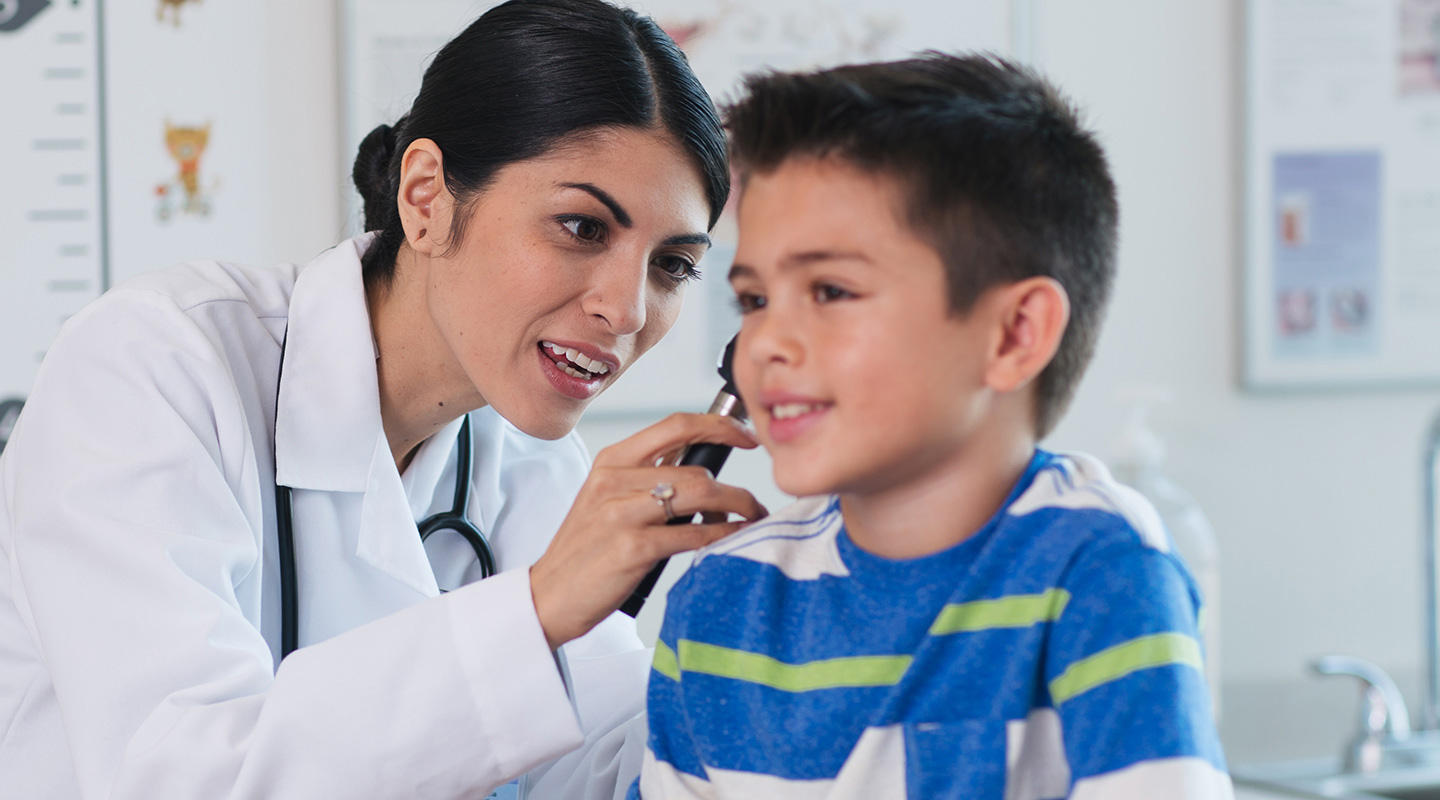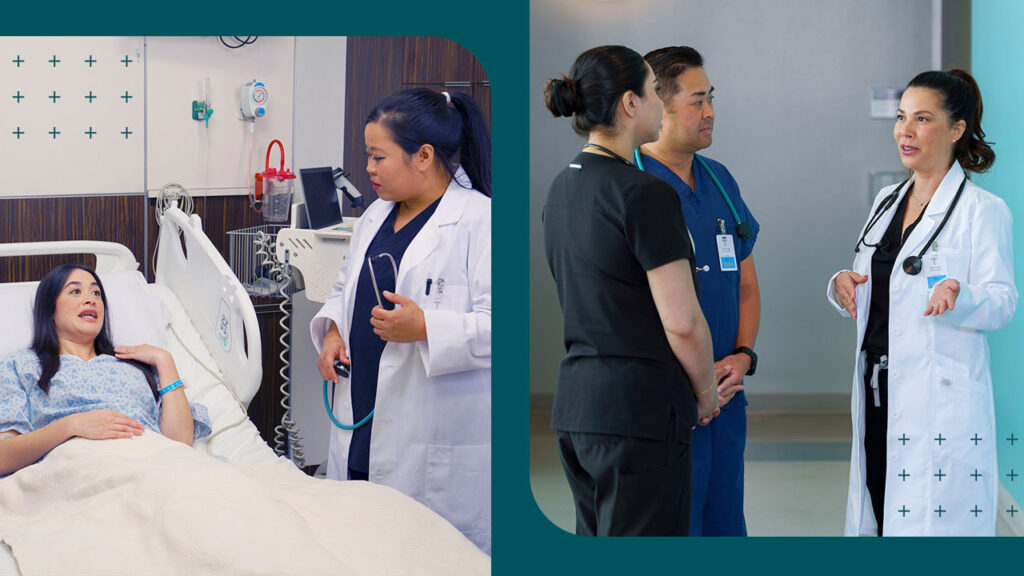All About FNPs, What They Do, Where They Practice, and How to Become One
A family nurse practitioner is exactly what it sounds like: an NP trained to practice family nursing. They provide comprehensive care across the spectrum of patient populations in a wide range of conditions, from preventative to chronic. FNPs assess, diagnose, and treat with a focus on health promotion, disease prevention, chronic disease management, urgent-emergency care, mental health care, long-term, hospice, and palliative care. The role of the FNP also extends into non-clinical settings such as administration, research, and teaching.
FNPs are also classified as advanced practice nurse practitioners (APNPs) and must be certified as such. There are two recognized certification exams. One is administered by the American Association of Nurse Practitioners (AANP) and certifies you as an FNP-C for clinical practice. The second is administered through the American Nurses Credentialing Center (ANCC) and is concentrated on research and academia, for an FNP-BC.1
What Does a Family Nurse Practitioner Do?
As an FNP, you’re responsible for delivering primary care across a range of age populations, providing preventative care and education, as well as assessing and treating acute and chronic conditions that fall within the purview of primary care. Many families opt for an FNP as their PCP, instead of an MD, since FNPs can perform the same primary care treatments.
Depending on your placement, responsibilities of an FNP can include:
- Routine physical examinations
- Assessing illness or injury, both chronic and acute
- Ordering and performing diagnostics
- Developing treatment plans
- Prescribing medications, including controlled substances
- Maintaining patient records
- Collaborating in care with specialists
- Patient education and wellness promotion
Where Do Family Nurse Practitioners Work?
FNPs practice in many types of different healthcare facilities, from large healthcare systems to their own private practice offices (in the states allowing nurse practitioners to have independent practices). These settings include, but are not limited to:
- Family practices
- Internal medicine clinics
- Pediatric offices
- Specialty clinics
- Public health offices
- Emergency rooms
- Urgent care centers
- Home care
- Rehabilitation centers
- Long-term care centers
- Palliative and hospice care facilities
- Universities and colleges
Studying to Become an FNP Nurse
Becoming a family nurse practitioner requires an advanced degree that builds on an RN or BSN nursing degree. An accredited nursing school or university MSN-FNP program will offer a rigorous healthcare-focused curriculum of MSN core coursework and family nursing studies that may include topics of study such as:
- Policy, Organization and Finance
- Ethics in Healthcare
- Advanced Physiology and Pathophysiology
- Adult and Geriatric Primary Care
- Women’s Health Primary Care
- Pediatric Primary Care
- Care Coordination
- Advanced Physical Assessment and Lab
- Advanced Pharmacology
- Research Utilization
- Advanced Healthcare Residency
Once you complete a Master of Science in Nursing to practice as a family nurse, you’ll need to pass two nursing licensure exams:
- The NCLEX-RN Exam
- An APNP Certification Exam (AANP or ANCC)
As an FNP, you also have the option to pursue certifications in subspecialties such as cardiology, dermatology, or oncology2 to further advance your bona fides and focus your practice.
Because many MSN (or beyond) candidates are already working nurses, many institutions are offering online study and flexible scheduling to allow for degree advancement while the student is practicing. It’s also possible for nurses to pursue an FNP education through an online Post-Master’s Certificate program.
For more helpful articles about the field of nursing, keep following our blog.
Citations:
1 https://nurse.org/education/fnpc-vs-fnpbc/
2 https://nursejournal.org/nurse-practitioner/certifications-guide/
WCU provides career guidance and assistance but cannot guarantee employment. The views and opinions expressed are those of the individuals and do not necessarily reflect the beliefs or position of the school or of any instructor or student.



